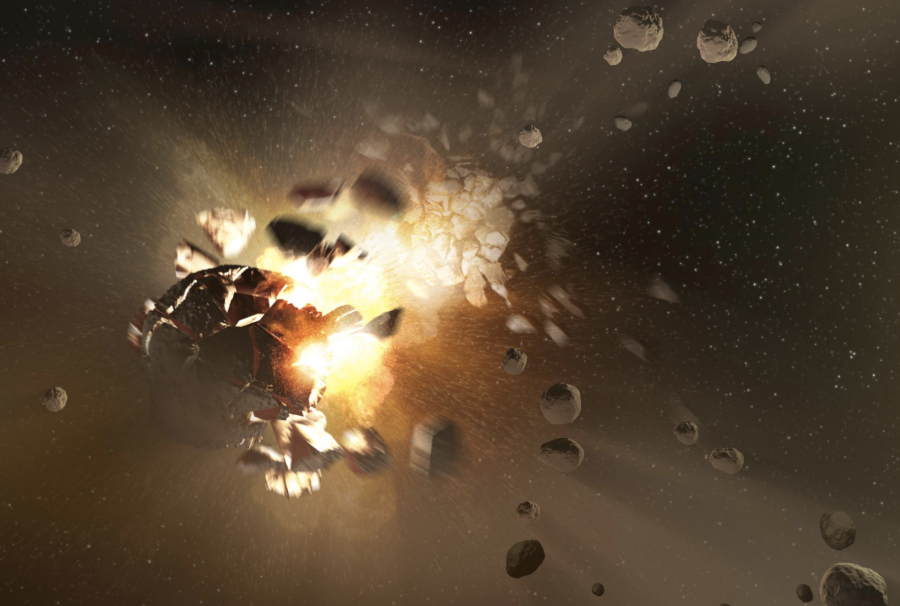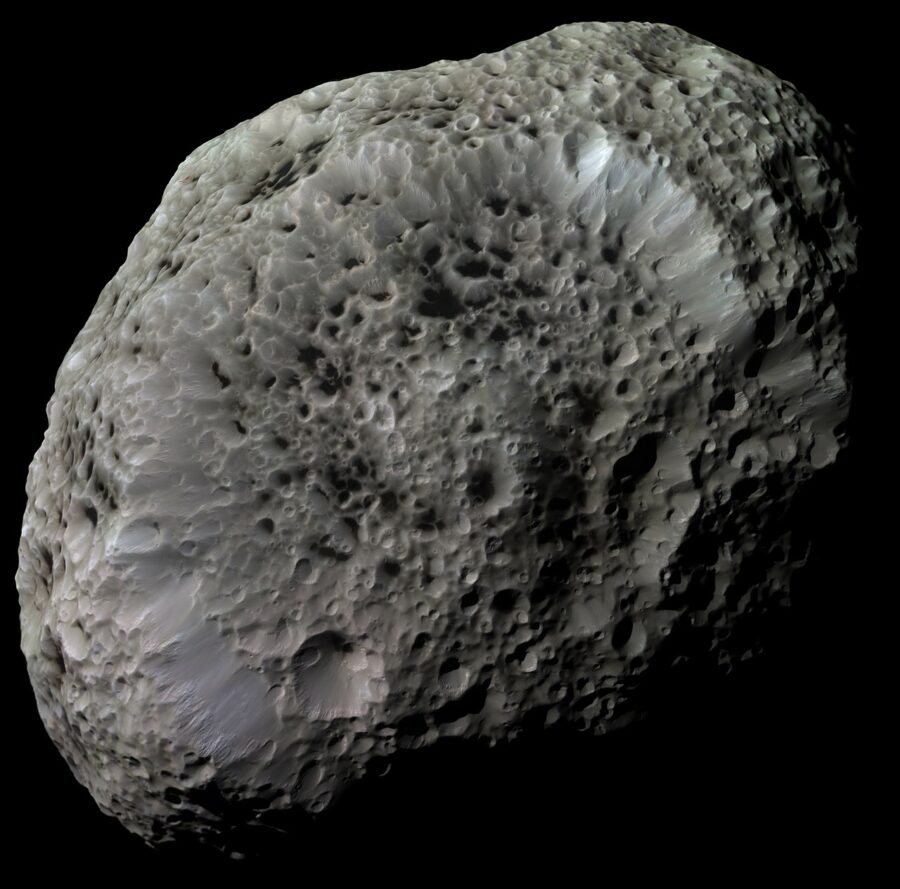Alien Meteorite Older Than The Earth Discovered
Scientists found an alien meteorite in the desert than actually predates the Earth itself. It can give a window into our planet's formation
This article is more than 2 years old

An alien meteorite being discovered deep in the desert sounds like the beginning of a science-fiction where the story, and maybe all of human civilization is about to go completely off the rails. We’ve been conditioned to think a certain way about these things now to the point where if you hear alien rock, you might as well just picture some total Earth-killing plague that’s about to get unleashed. Thanks a lot, Hollywood. But this latest news about an alien rock might not be so worrisome. It’s just that’s it so freaking old that’s the odd thing about it.
This alien meteorite, known now as EC 002, was discovered last Spring by a group of geologists who set to study its unusual nature. What they found was something they hadn’t really ever seen before. When testing the age on the rock they found that it predated even Earth itself. Its origins are from a protoplanet that existed in the universe as planets were forming. In this way, these protoplanets were the building blocks of the planets in our current solar system.
When scientists found it they knew they had to test it for its age and they did so by looking at both the magnesium and aluminum isotopes that were present in the rock. This analysis yielded some startling facts about the alien meteorite. It seems from the testing they found out that it was close to 4.6 billion (with a “b”) years old. This timing would put its age before even Earth itself which is roughly 4.543 billion years old. I know looking at that decimals makes it seem like these are close in age. Which universally speaking, I suppose they are. But that still represents many million years’ worth of difference in their respective ages.

The alien meteorite was part of a protoplanet but likely came loose from that planet’s crust at some point, jettisoning it into space as a projectile. It’s not totally clear when it actually fell to Earth and landed in the desert, but it’s suspect to not have happened all that long ago, relatively speaking. The protoplanet of its origin isn’t likely still around in the solar system, having at some point become part of another planet forming along the way. From the analysis, they found that the silicon dioxide present in the rock suggested that it was from the early building of the solar system. That’s because that particular substance isn’t often found in space debris anymore these days.
As far as unlocking the mysteries of our solar system or unlocking some scourge that will unleash on this planet, this alien meteorite does neither. But it does help in studying the timing of different celestial objects and understanding how different planets did form oh so many billion years ago. Finding rocks that are older than Earth itself does help pinpoint different stages of our solar system’s growth and act as stark and physical reminders that things were around long before our planet was even formed.












